In 2019, The CAADP XP4 organizations comprising of the African Forum for Agricultural Advisory Services (AFAAS), Forum for Agricultural Research in Africa (FARA), Association for Strengthening Agricultural Research in Eastern and Central Africa (ASARECA) the Centre for Coordination of Agricultural Research and Development for Southern Africa (CCARDESA) and the West and Central African Council for Agricultural Research and Development (CORAF) secured resources from the European Union (EU) under the Development Smart Innovation through Research in Agriculture (DeSIRA) initiative to implement a 4-year project in Africa titled Comprehensive Africa Agriculture Development Programme Ex-Pillar IV and the funding was administered by the International Fund for Agricultural Development (IFAD).
The overall objective of this Programme is to enable agricultural research and innovation, including extension services, to contribute effectively to food and nutrition security, economic development and climate mitigation in Africa. The specific objective is to improve the individual and collective capacities of the agricultural research and innovation institutions in their support to countries to achieve the programmes overall objective, through (i) strengthening the technical and organizational capacities of individual CAADP XP4 organizations in multi-stakeholder Programme management, resource mobilization and fiduciary processes; (ii) establishing and strengthening multi-stakeholder partnerships (including with European institutions) for climate-relevant innovation; (iii) strengthening policies, investments, market linkages, and foresight capacities plus application; (iv) enhancing knowledge management and communication for advocacy, decision support and sharing innovation related to climate-relevant agricultural transformation; and (v) strengthening coordination (including planning, M&E and learning), reporting and governance.
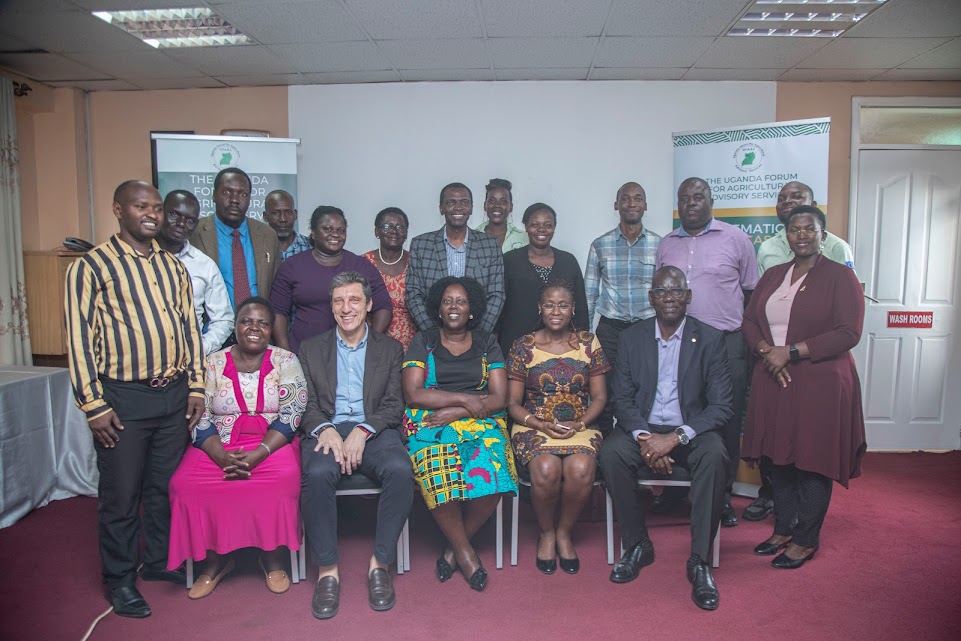
To ensure effective implementation and track the impact of initiatives, the International Fund for Agricultural Development (IFAD) embarked on a critical assessment mission from 5th February to 10th March 2024, which was aimed at conducting a qualitative assessment of the performance of CAADPXP4 Selected areas, validate the results being reported by the implementing organization’s, examine the impact of selected activities under the four main outputs on targeted beneficiaries, identify bottle necks to implementation and assist in providing solutions and identify good practices, record them and share them for learning, Identify emerging issues that are useful for future projects and future reporting including Agroecology and biodiversity, identify activities that can contribute to the impact pathway in the final year of implementation and analyze the program’s contributions to the Overall CAADP agenda and other regional discussions across the continent.
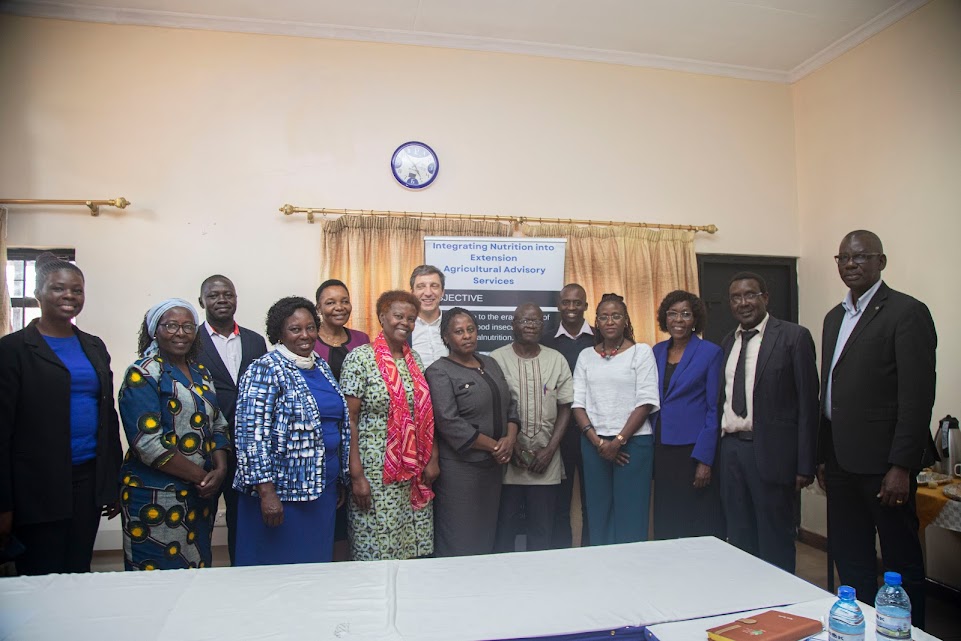
According to Dr. Silim M Nahdy the Executive Director AFAAS, the CAADPXP4 project has greatly nurtured partnerships, built capacities at both National and Continental level. He noted that the country fora were now able to implement a number of projects independently.
Engaging Stakeholders, Empowering Beneficiaries
The CAADPXP4 IFAD Mission was not merely a routine exercise but a dedicated effort to interact comprehensively with a diverse array of stakeholders. This engagement included direct interactions with AFAAS and its Selected Country Fora (CAMFAAS, KEFAAS, and UFAAS) and partners within the agricultural sector, and beneficiaries of the program’s activities. Through detailed discussions and field visits, the mission aimed to gain insights into the roles, contributions, and experiences of these stakeholders. Furthermore, by connecting directly with beneficiaries, the mission sought to understand the practical outcomes and impacts of the CAADPXP4 initiative from their perspective.
While in Zirobwe Agali Awamu Agribusiness Training Association (ZAABTA) the stakeholders noted the role played by the Uganda Forum for agricultural Advisory services through the Agricultural value chain as well as climate smart agricultural practices. Mr. Godfrey Mayambala, the general manager of ZAABTA noted that the association has registered 6003 farmers through out different value chains i.e. Maize, Rice, Beans, Coffee, Horticulture etc.
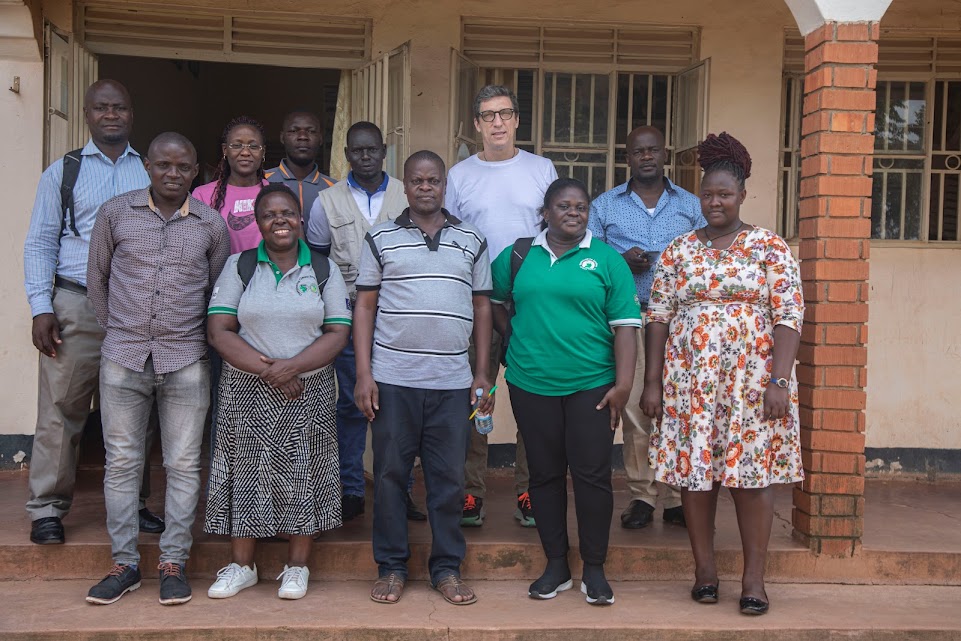
The Nokia farming Agricultural Innovative Platform was established as a result of AFAAS, and UFAAS and 1020 youth have been enrolled who later graduate into certified village agents who offer extension services to small holder farmers
In Kenya, John Ruoho, the project manager at Muranga Avocado Cooperative Union highlighted that the Kenya forum for Agricultural Advisory Services supported the union with capacity building initiatives ie Trained cooperative leader on management polices and compliance, formulation of union policies as well as development of the Operational manual. KEFAAS has also trained farmers and extension workers on integrated pest management, post-harvest management and marketing
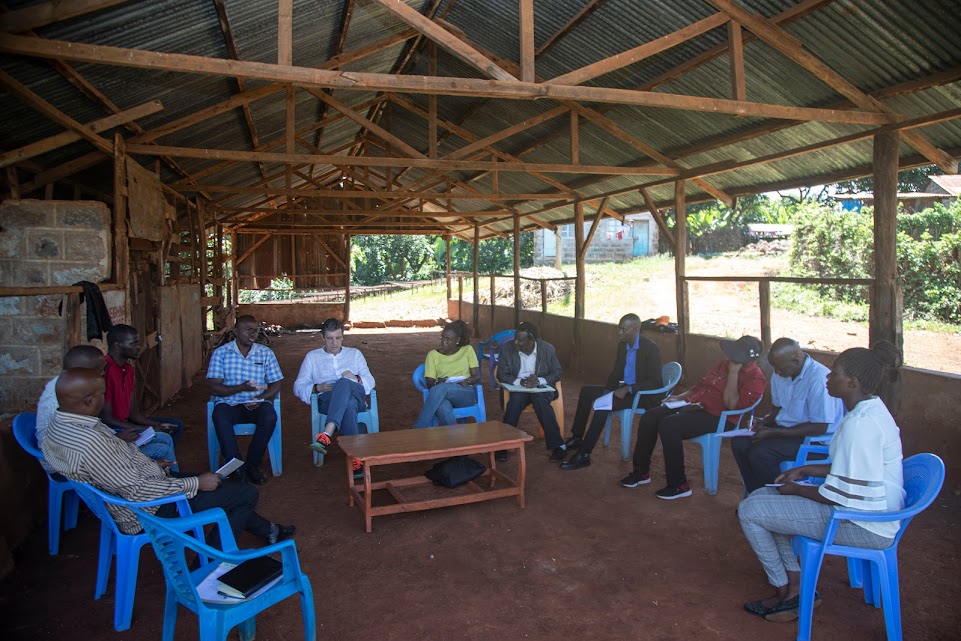
Evaluating Impact at Multiple Levels
At its core, the mission was driven by a commitment to evaluate and validate the impact of CAADPXP4 at various levels. This entailed assessing institutional capacities, scrutinizing pathways of impact on targeted beneficiaries, exploring regional contributions, and gauging global significance. By delving into these aspects, the mission endeavored to provide a holistic view of the program’s effectiveness and contributions towards agricultural development in Africa.
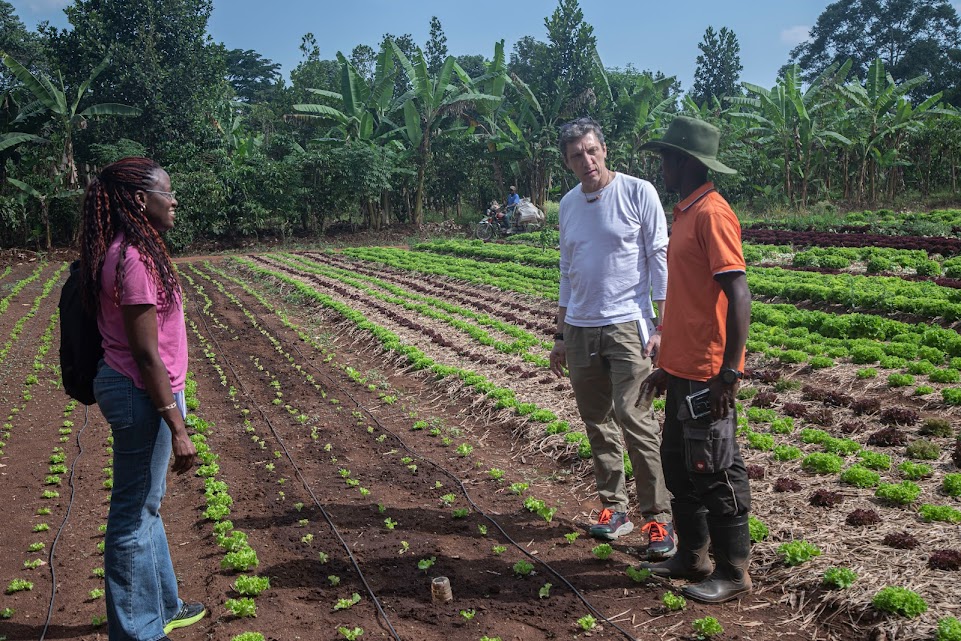
As the CAADPXP4 IFAD Mission sets its course, it underscores the significance of accountability, stakeholder engagement, and impact assessment in agricultural development initiatives. By fostering dialogue, gathering insights, and offering recommendations, the mission endeavored to propel the CAADPXP4 initiative towards greater effectiveness and sustainable agricultural transformation across Africa.
